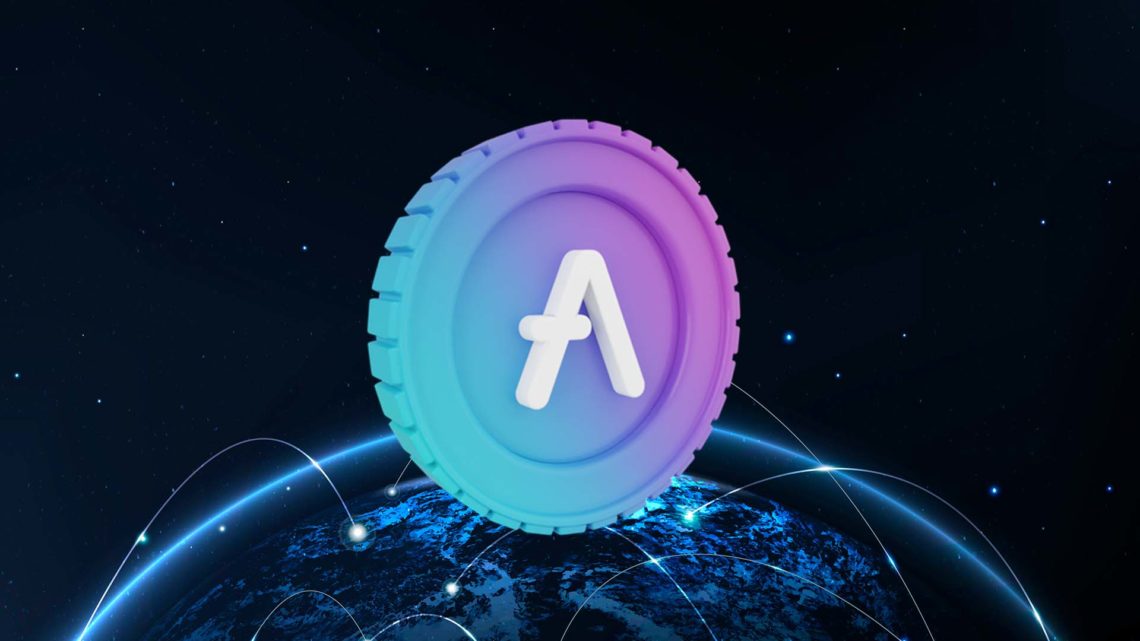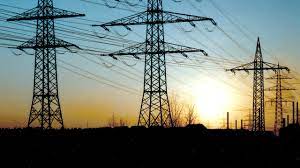Indian state governments spur blockchain technology adoption in public administration
Blockchain technology has been making waves globally, transforming industries, and changing the way we conduct business and manage data.

Blockchain technology has been making waves globally, transforming industries, and changing the way we conduct business and manage data. In recent years, Indian state governments have recognized the potential of blockchain in revolutionizing public administration, leading to increased efforts to adopt this technology. In this blog post, we will explore how Indian state governments are embracing blockchain technology to enhance transparency, efficiency, and security in various aspects of public administration.
Understanding Blockchain Technology
Before delving into the initiatives taken by Indian state governments, it's essential to have a clear understanding of blockchain technology. At its core, blockchain is a decentralized and distributed digital ledger that records transactions across multiple computers. Each transaction, or "block," is linked to the previous one, forming a "chain." The key features of blockchain include transparency, immutability, and security, making it a reliable and tamper-proof system for recording and verifying data.
Blockchain in Public Administration
Blockchain technology has the potential to disrupt traditional administrative processes by offering solutions to various challenges, such as data security, transparency, and efficiency. State governments in India have recognized these advantages and have initiated blockchain-based projects in several areas of public administration.
- Land Records Management
One of the significant areas where blockchain is making an impact is land records management. Land ownership disputes and fraudulent land transactions have been longstanding issues in India. To address these challenges, several states, including Andhra Pradesh, Telangana, and Maharashtra, have started using blockchain technology to maintain land records.
Blockchain ensures the immutability of land records, making it nearly impossible to alter or manipulate data. This reduces the risk of fraudulent land transactions and simplifies the process of verifying land ownership, ultimately leading to a more transparent and secure land management system.
- Healthcare and Medical Records
The healthcare sector in India has also witnessed the adoption of blockchain technology for managing medical records and ensuring patient data security. Patients' medical history, prescriptions, and treatment plans can be securely stored on a blockchain network, accessible only to authorized healthcare providers.
This approach improves data accuracy, minimizes the risk of data breaches, and enables efficient sharing of medical information among different healthcare facilities. States like Karnataka and Tamil Nadu have been pioneers in implementing blockchain in healthcare administration.
- Supply Chain Management
Blockchain technology has the potential to revolutionize supply chain management by enhancing transparency and traceability. Several Indian states, particularly those with a strong agricultural sector, have implemented blockchain-based systems to track the production, distribution, and sale of agricultural products.
By recording each step of the supply chain on a blockchain, state governments can ensure the authenticity of products, reduce fraud, and improve the quality of agricultural products reaching consumers. States like Uttar Pradesh and Punjab have taken significant steps in this direction.
- Voting and Elections
Ensuring the integrity of elections is a cornerstone of democracy. Blockchain technology can play a pivotal role in securing the electoral process by providing a tamper-proof and transparent method for recording votes. State governments are exploring the possibility of using blockchain for voter registration, identity verification, and secure vote counting.
By adopting blockchain in elections, states aim to eliminate electoral fraud and ensure that every citizen's vote is accurately recorded and counted. While this technology is still in its experimental phase, it holds the promise of revolutionizing the electoral process in India.
- Education and Certificates
Another area where blockchain is making a difference is in education and certificate verification. Fake degrees and certificates have been a persistent problem in India. To combat this, state governments are implementing blockchain-based systems to store and verify educational credentials securely.
When educational records are stored on a blockchain, employers and educational institutions can easily verify the authenticity of certificates, reducing the risk of hiring individuals with fraudulent qualifications. States like Kerala and Haryana have initiated projects in this domain.
Challenges and Considerations
While the adoption of blockchain technology in Indian state governments' public administration initiatives is promising, several challenges and considerations need to be addressed:
- Infrastructure: Widespread adoption of blockchain requires a robust digital infrastructure, including reliable internet connectivity and hardware. Rural areas may face challenges in this regard.
- Data Privacy: Ensuring data privacy and protection is crucial, especially when handling sensitive information in areas like healthcare and education.
- Regulatory Framework: Clear and comprehensive regulatory frameworks are necessary to govern the use of blockchain in public administration, ensuring legal compliance and accountability.
- Awareness and Training: Adequate training and awareness programs are needed to educate government officials and citizens about blockchain technology and its benefits.
Blockchain technology has the potential to revolutionize public administration in India by enhancing transparency, security, and efficiency in various sectors. State governments are taking proactive steps to adopt blockchain in areas such as land records management, healthcare, supply chain, voting, and education.
While challenges exist, these initiatives demonstrate a commitment to modernizing and improving the delivery of public services. As blockchain technology continues to evolve, it is expected that its role in Indian public administration will expand, ushering in a new era of trust and accountability in governance.
By embracing blockchain, Indian state governments are not only keeping pace with global technological advancements but also paving the way for a more transparent and efficient future for public administration in the country. The journey towards widespread blockchain adoption may be gradual, but the benefits it promises are undoubtedly transformative for the nation.
What's Your Reaction?
















